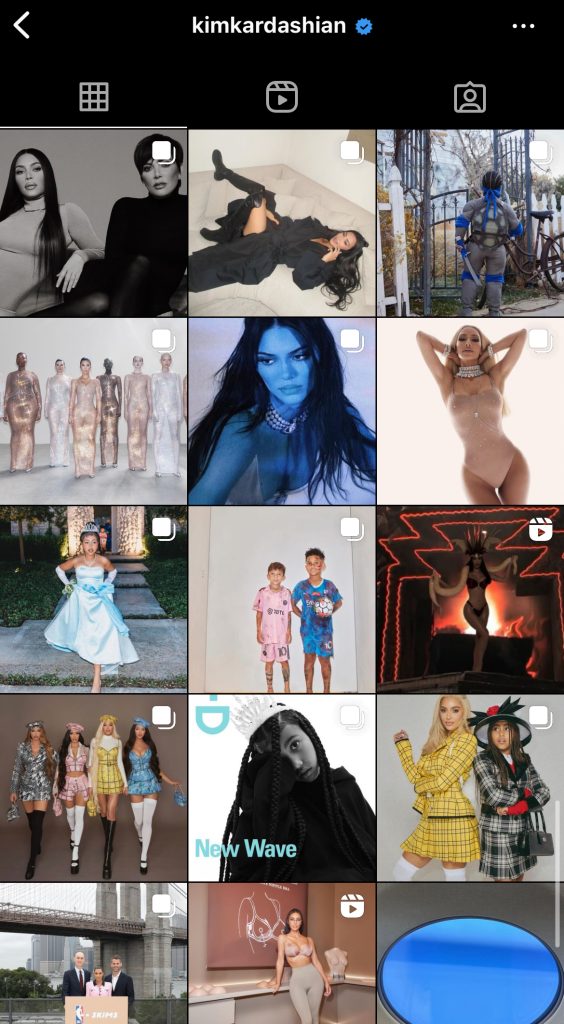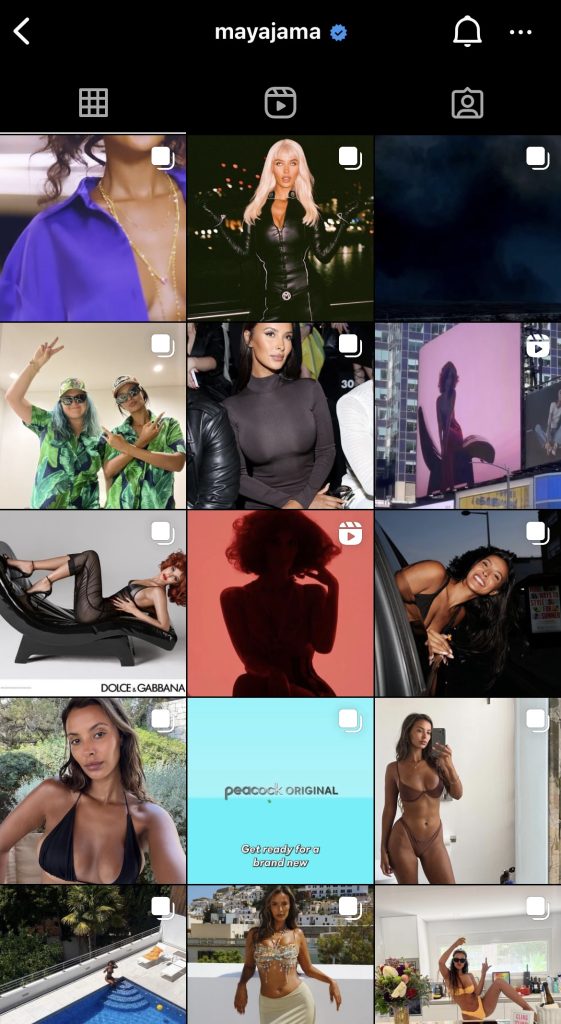In a world where first impressions matter significantly, many individuals strive to be skilled in the art of self-presentation. Our personal and professional lives are ultimately shaped by how we present ourselves, whether in a classroom, workplace, party, or job interview. This has the potential to open doors or close them, to inspire trust or spread doubt. The skill of handling the impressions that we make on other people, whether knowingly or unknowingly, is essential to our everyday interactions with other people.
What Is Impression Management?
Impression management, also known as self-presentation, refers to the ways that people attempt to control how they are perceived by others (Goffman, 1959) Impression management is a a sociological and psychological concept, it is the process through which individuals attempt, consciously or unconsciously, to control and influence the impressions people have of them. It is also known as self-presentation theory.

Goffman also presented the concept of frontstage and backstage behaviour to explain his theory. Backstage behaviour is what people do when they think no one is watching them, whereas frontstage behaviour is how people act and present themselves in public or when they are aware of an audience.
Social Media & The New Era:
In the modern era, an example of front-stage behaviour can be seen very clearly on social media. Platforms such as Instagram, and TikTok have made it much easier for impression management to take place. Individuals are now able to carefully select and manage the narratives of their lives on the internet, people show what they want others to see. People purposely show the most perfect images of their lives, where they look the best and when they are doing the most interesting things such as trips out and holidays.

Image – @kimkardashian 
Image – @mollymae 
Image – @mayajama
People have many reasons for keeping their attention on and controlling how other people see them, For instance, a person’s ability to maintain social relationships such as friendships, romantic and professional all depend on how other people perceive them and they want to be seen in the best way.
The pressure of having to maintain a perfect appearance can cause insecurities, anxiety, and a lack of authenticity. In the connected world of today, many struggle to find the correct balance between authentic self-expression and impression control. There is an idea of ‘perfect’ that gets portrayed in the media by influencers but often they present unrealistic ideas of themselves. Social media is a great tool for impression management, but it also serves as a constant reminder of the false expectations that can have a heavy influence on our online lives.
@tenesseethresh (Tenessee Thresher) – Fashion Influencer
Final Thoughts:
For many reasons, people manage their impressions, and it can be a normal and essential aspect of social interaction. If done openly and honestly, it can also be a tool for establishing and maintaining positive relationships. On the other hand, it can become manipulative and detrimental to relationships and personal integrity when used inappropriately. In a world where being yourself matters, recognising the authenticity of who we really are and using truth when using social media can result in more meaningful and genuine connections with people, which in return can promote better well-being in our increasingly linked society.
References
Goffman, E. (1959). The moral career of the mental patient. Psychiatry, 22(2), 123-142.
SimplyPsychology (2023) Impression Management & Self Presentation (Goffman) Available from https://www.simplypsychology.org/impression-management.html (Accessed 5th November 2023.)


I really resonated with your blog post, especially as someone navigating the intricacies of self-presentation in the digital age. The concept of frontstage and backstage behaviour brought Goffman’s theory to life, and your observations about social media’s role in impression management were quite relatable. The struggle to find a balance between authentic self-expression and societal expectations is palpable, and the pressure to maintain a flawless online persona can indeed lead to insecurities and anxiety. Your call for open and honest impression management resonated deeply, emphasising the importance of genuine connections.
As we contemplate these dynamics: how do you think we can collectively foster a digital space that encourages authenticity while recognising the nuances of self-presentation?
I am glad you were able to find parts of my post you related to. The issues around image and social media are so prominent in todays society, and in my opinion, I think it is very important that we discuss it more. By discussing I feel we can normalise different types of people rather than this idea of perfect that social media currently portrays.
In regards to your question I believe a new social media platform could be a brilliant idea, I liked the idea of the app ‘Be Real’ – the app encourages users to post a picture in a two minute window each day of what they are doing at that moment. The notification at any time during the day and the whole idea is to ‘Be Real’. I believe this app was a brilliant way of encouraging people to be themselves on social media. An app like this on a larger scale could really make people become more authentic.